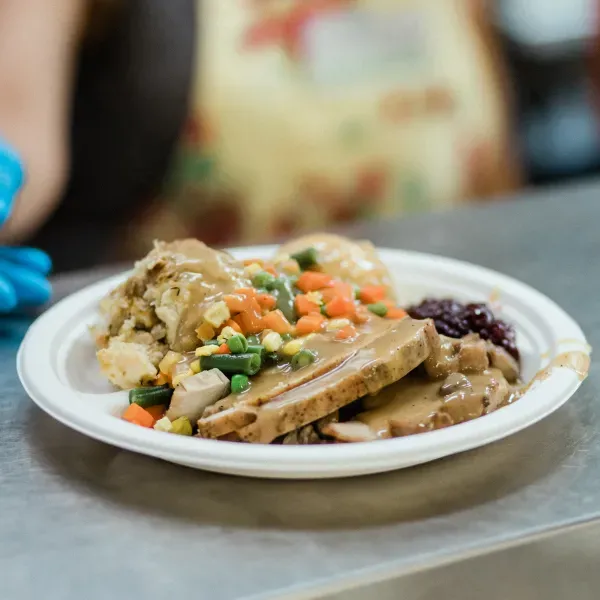It’s been eight years since British Columbia’s provincial health officer declared the opioid crisis a public health emergency, and substance dependence is on the rise. BC Emergency Health Services reported record high call volumes for overdoses in 2023, the early part of the year averaging 100 calls per day1 for the first time ever. Surveys and liquor sales2 in the province suggest youth and adults started to drink more alcohol during the pandemic.
If you’re living in BC, there’s a good chance that you might know someone dealing with addiction — they could be your spouse, your family member, your friend. It’s often difficult to know how best to help when someone you love is struggling with substance dependence. Union Gospel Mission (UGM) runs men’s and women’s recovery programs at locations in Metro Vancouver and the Fraser Valley year-round. Our staff walk alongside people as they overcome trauma, leave behind harmful behaviours, and take healthy steps forward.
We spoke with two team members to get their advice on what people need most as they navigate addiction and recovery. Dale is the Manager of Men’s Recovery, and Amanzi is the Supervisor of Stabilization & Recovery at UGM’s Women & Families Centre. Here, they share how you can support your loved ones through recovery.
Do your research to understand addiction
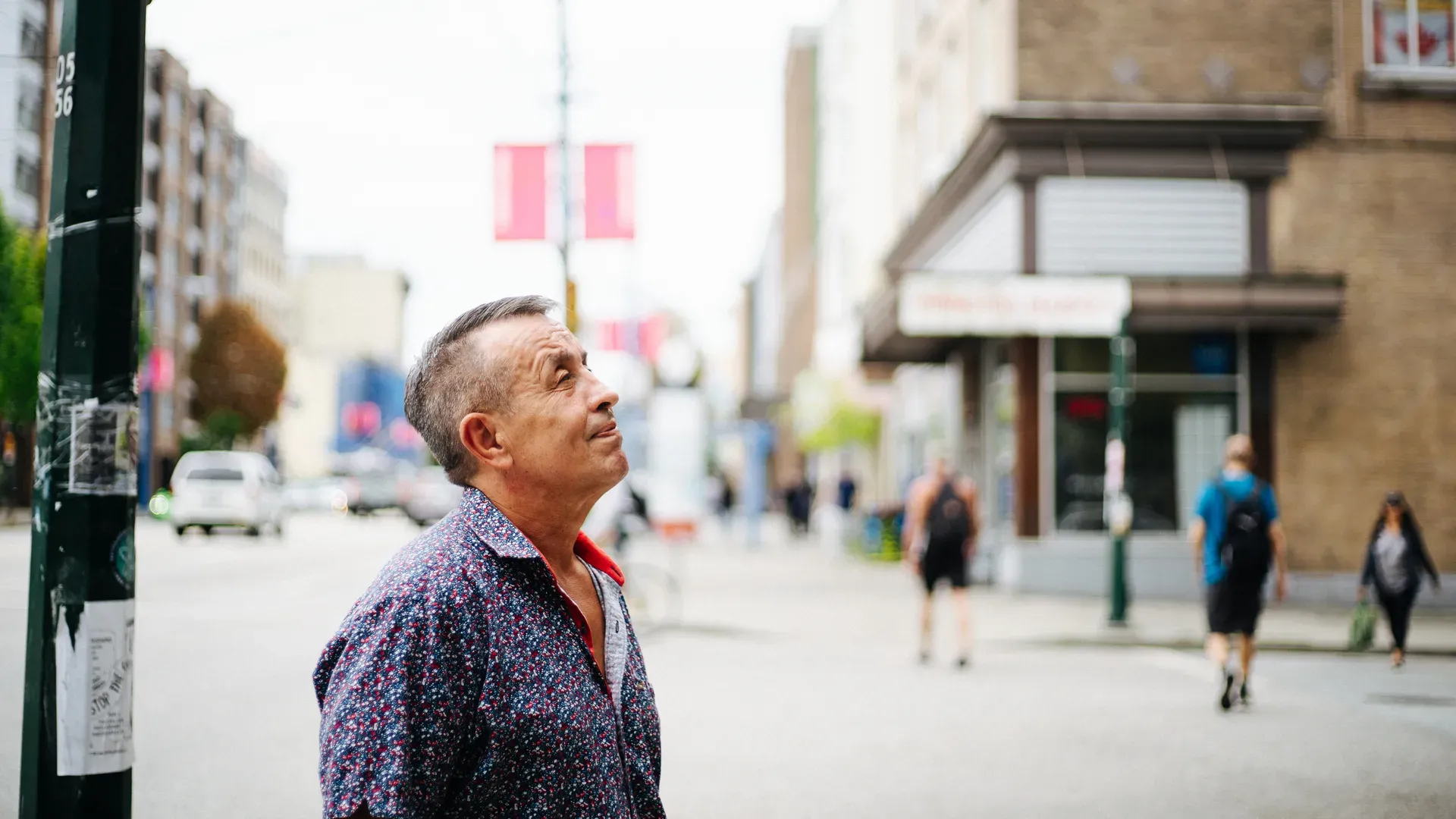
As you journey with your loved ones through recovery, it’s helpful to have compassion and understanding for what they’re going through. Take time to understand what substance(s) they are addicted to, the physical and emotional impacts those substances have, and what supports they need in their lives to stay committed to recovery. Understand that addictions have complicated roots — often in childhood trauma — and they are medical conditions, not moral failures. Not sure where to start? Here are some helpful resources:
In the Realm of Hungry Ghosts by Gabor Maté
The Unexpected Joy of Being Sober by Catherine Gray
The Power of Addiction and The Addiction of Power: Gabor Maté at TEDxRio+20
Ask, don’t assume
If you have questions about your loved one in their recovery, ask! Don’t assume the worst. Our recovery program experts say an easy trap is believing someone who went through addiction treatment and recovery will revert back to their old behaviour. Family members can fall into the habit of watching their loved one, waiting to see if they will falter in their recovery. “Family members shouldn’t be naive to the symptoms of relapse,” says Dale, “But should approach their loved ones with an attitude of inquiring versus accusing.” Accusing can trigger relapse.
Let go of stigma
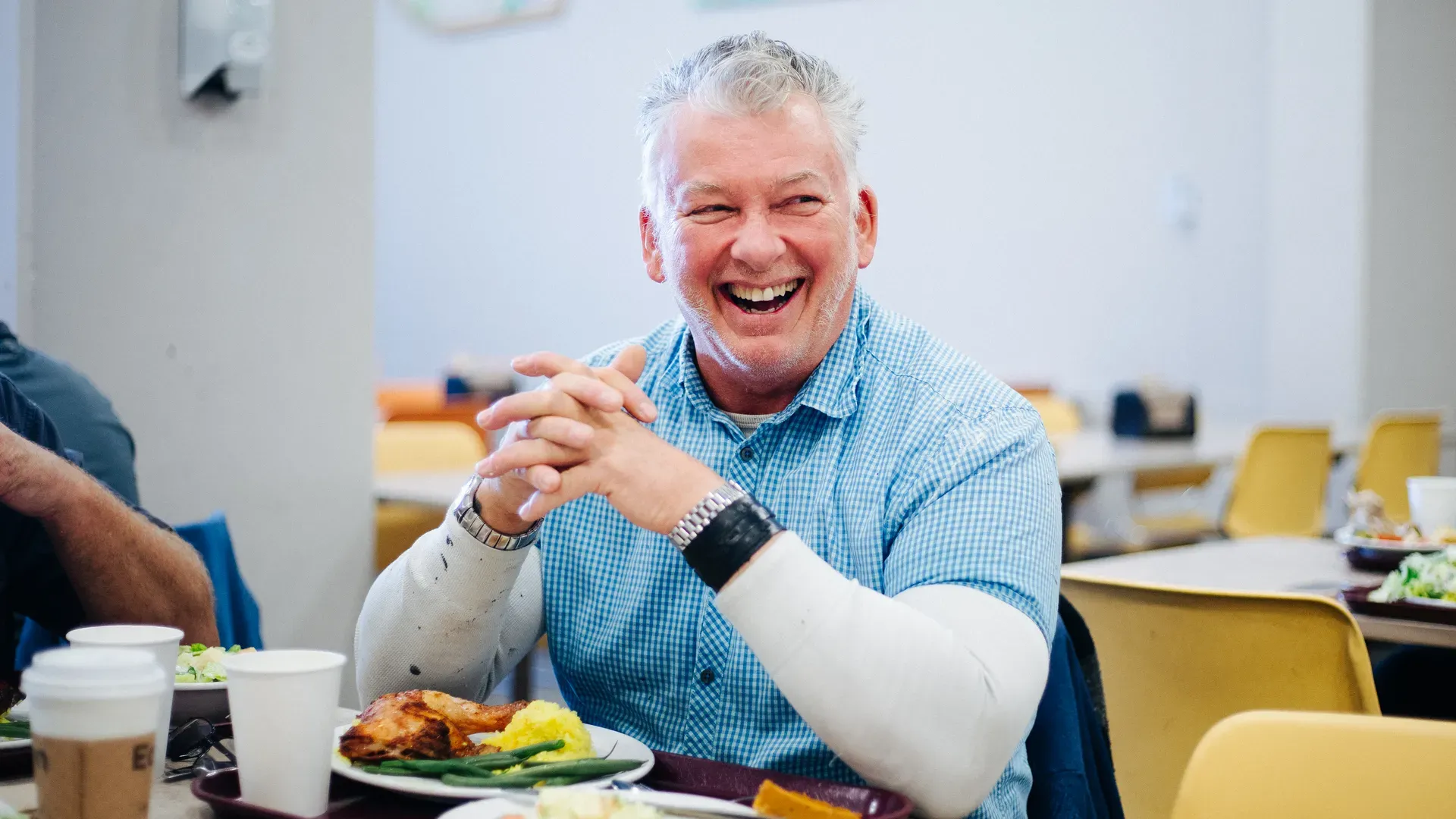
Another common pitfall is thinking that people struggling with addiction are different from those who haven’t had the same struggles. However, addiction does not make a person less human, nor less worthy of love and empathy. Be aware of the stigma or false beliefs you might carry. Ask yourself, “Are there any stereotypes I believe? If so, are they really true? Are they true to my loved one?” Substance use and mental illness are complex issues that can’t be solved by will alone. “It’s more nuanced than not smoking or not drinking,” said Amanzi, “Mental health, traumatic experiences, poverty, social inequality, and colonization can all contribute to addiction.”
Set good boundaries
While it’s important to offer emotional support to your loved one, it’s also wise to make sure you’re not enabling harmful behaviour. “It’s best to be a listening ear, and communicate that you’re there for them and want to see them continue to get better,” says Amanzi. Let your loved ones make their own choices. Help to create an environment that encourages healthy activities and hobbies — and remove possible triggers and temptations. At UGM, our staff host art and music therapy sessions, and we have a running club that fosters routine, supports mental health, and creates community.
Know that progress isn’t linear
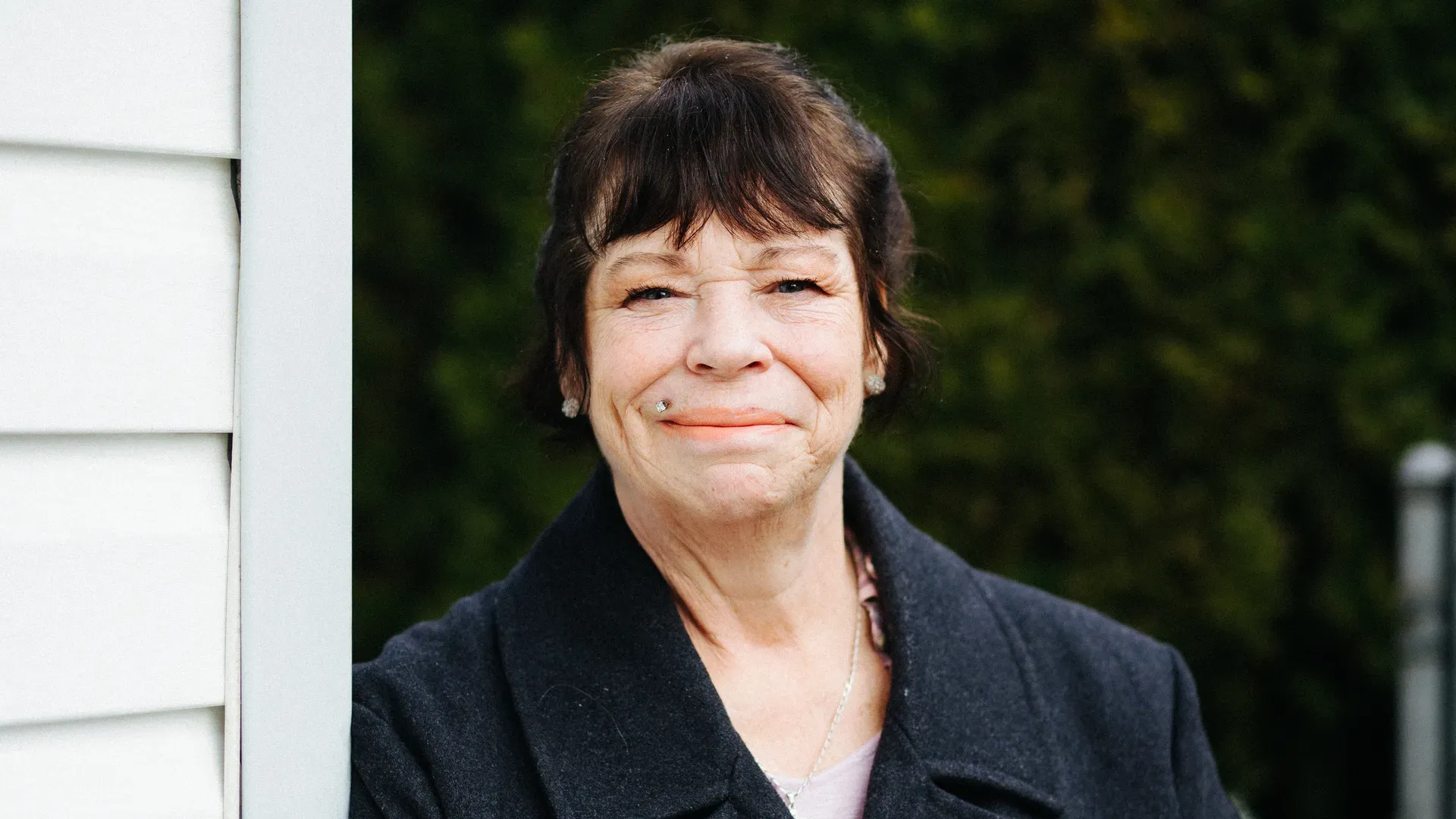
Recovery is complicated. As Dale phrases it, “It’s about undoing damage that has been done, and learning new skills to cope with what’s been in your history.” He notes that success can look like having housing, regaining employment, restoring personal relationships — not just being sober for a certain amount of time.
“You should celebrate the small and big wins. Two weeks [sober] is just as big a deal as two months.” — Amanzi, Supervisor, Stabilization & Recovery
Amanzi mentions she sees success in how women going through the recovery program cheer each other on toward inner healing. “It’s been hopeful witnessing the friendships that come out of recovery,” she says. As your loved one goes through those first five years, be an encouragement — and know that slip-ups are normal.
Join a support group for families going through similar experiences
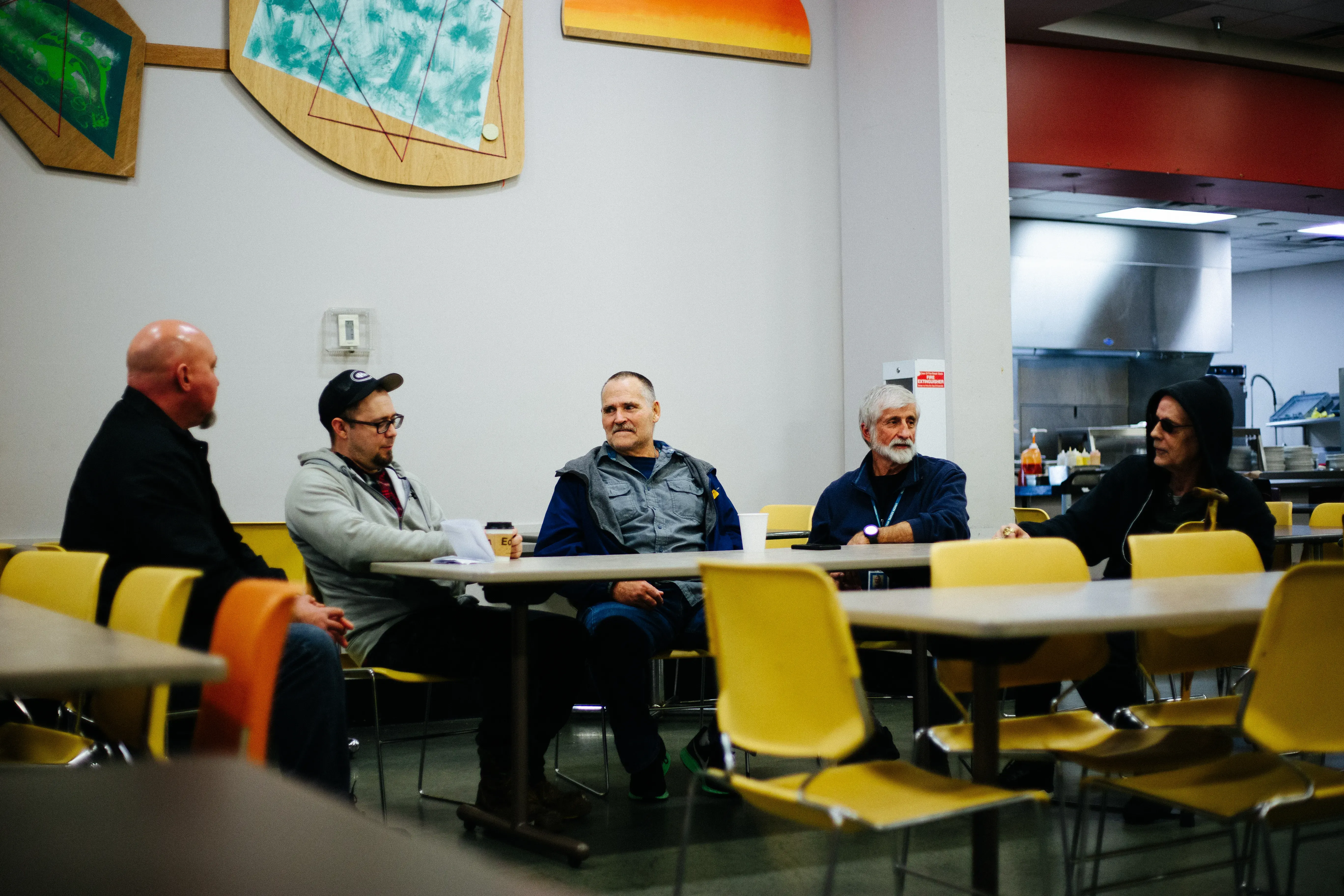
Addiction doesn’t just take a toll on the individual, but their support system as well. If you’re feeling burdened, remember to take care of yourself too, and know you’re not alone. For support, consider going to family therapy, or join groups like Families for Addiction Recovery or Al-Anon to connect with others in similar situations. Having someone to talk to who understands exactly what you’re going through can bring comfort, and make a big difference.
Recovering from addiction can be grueling, physically and emotionally. Slip-ups can happen, but our recovery team members say progress comes from consistency and time. Whatever stage of recovery your loved one is in, have grace and patience as they work through the process.
“It takes a long time to recover from the blows of life, even if you’re coming from a place that’s healthy,” says Dale, “But people do recover. It’s possible. Change happens.”
If your loved one wants to seek recovery, UGM has a men’s recovery program they can apply for here. Our Women & Families Centre in Vancouver and Lydia Home in Mission help women and mothers with babies through recovery — feel free to reach out for more information.
Sign up to get inspiring stories of hope from UGM
Be the first to receive our Gratitude newsletter, new blog posts, updates on most critical needs and community news.


